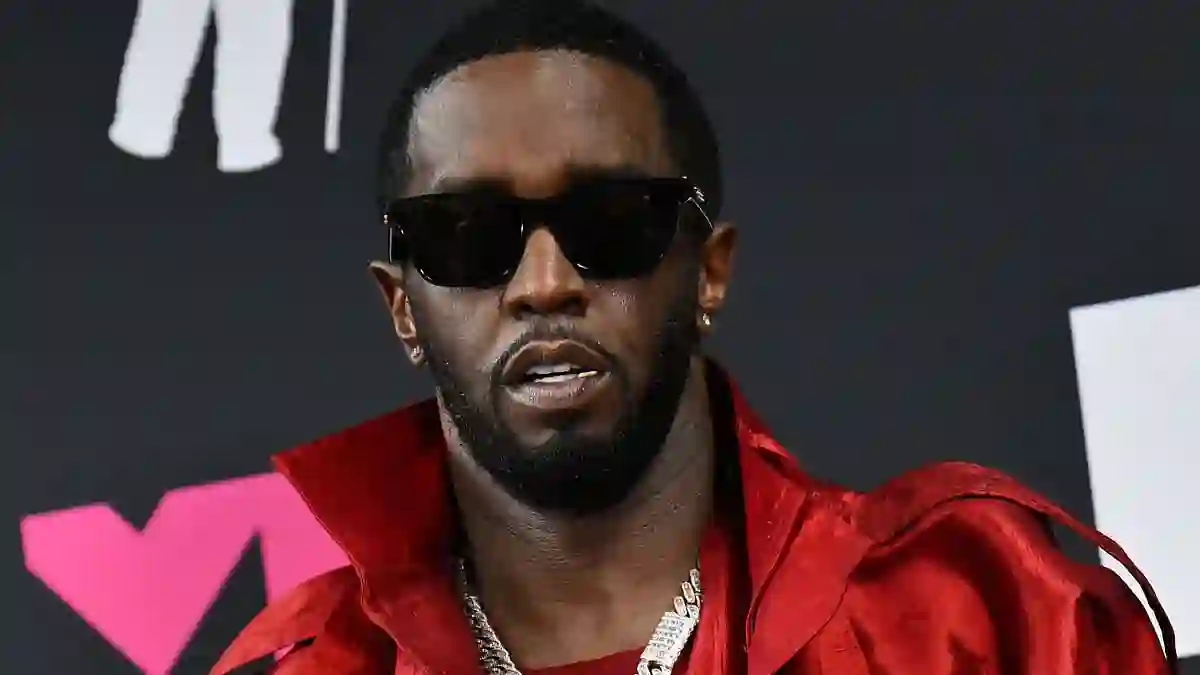After weeks of shocking courtroom testimony involving wild parties, drug use, and disturbing claims of abuse, the Manhattan jury has finally delivered its verdict in the case of Sean ‘Diddy’ Combs.
The music mogul was found not guilty of the most severe charges, including racketeering and sex trafficking, but was convicted on two counts related to prostitution.
This mixed outcome has sparked plenty of debate and disbelief, especially given the intense nature of the accusations and the prominent figure at the center of the case.
The Government’s Grand Allegation: A Criminal Empire
Federal prosecutors painted a dark portrait of Combs, claiming he used his music and business empire as a front for a criminal operation that spanned more than 20 years.
They argued that he leveraged his power through fear, manipulation, and violence to maintain control.
The most serious charges he faced were under RICO laws, typically used against organized crime.
But in a surprising twist, the jury wasn’t convinced.
Central to this part of the case was the testimony of ex-hotel security guard Eddy Garcia, who claimed Combs paid him $100,000 to destroy surveillance footage of him assaulting Cassie Ventura in 2016.
That footage had shocked the public when it leaked to CNN.
Graphic Allegations, Emotional Testimonies
Combs was also accused of orchestrating coercive sexual encounters involving Ventura and others.
His former assistant, known in court as “Mia,” testified that she was sexually assaulted and threatened.
Other accounts, including those from male escorts, described disturbing incidents that allegedly took place during so-called “freak offs.”
Cassie Ventura’s own emotional testimony, while heavily pregnant, described how she felt trapped in an abusive relationship.
From claims of being urinated on to being physically beaten, Ventura painted a harrowing picture of life behind closed doors with Combs.
Yet despite the emotional weight of her statements, defense attorneys pointed to text messages exchanged between Ventura and Combs that they said undermined claims of coercion.
Dropped Charges and Questioned Witnesses
Midway through the trial, prosecutors withdrew several of the most serious allegations, including claims of kidnapping and arson.
Combs’ former assistant Capricorn Clark had testified that Combs took her at gunpoint to the home of Kid Cudi, but no charges were ultimately filed in that incident.
Similarly, Kid Cudi’s car was bombed in 2012, but again, no concrete evidence tied Combs directly to the act.
Observers noted that the decision to drop these charges weakened the prosecution’s broader narrative of a long-running criminal scheme.
The Convictions That Stuck
In the end, the jury convicted Combs on two counts of transporting individuals across state lines for the purpose of prostitution.
These charges stemmed from claims that Combs arranged travel for Ventura, other women, and male escorts to cities like New York, Miami, and Ibiza for sex parties.
The prosecution argued that Combs directly funded and arranged these encounters, while the defense insisted that any arrangements were made by others.
Though Combs wasn’t proven to have personally booked flights or paid the escorts, the jury decided there was enough connection to convict.
Legal experts say those convictions could still be overturned on appeal.
What Comes Next
With Combs facing up to 20 years in prison, the story is far from over.
His legal team is expected to appeal the convictions, and the entertainment world is bracing for the fallout.
For many, this case wasn’t just about one man’s actions—it became a broader reflection on power, fame, and the legal system’s ability to hold public figures accountable.
Whether Combs ultimately serves time or walks free again, the trial has already left a lasting impact on those who testified, those who watched, and the legacy of one of the biggest names in hip-hop.
